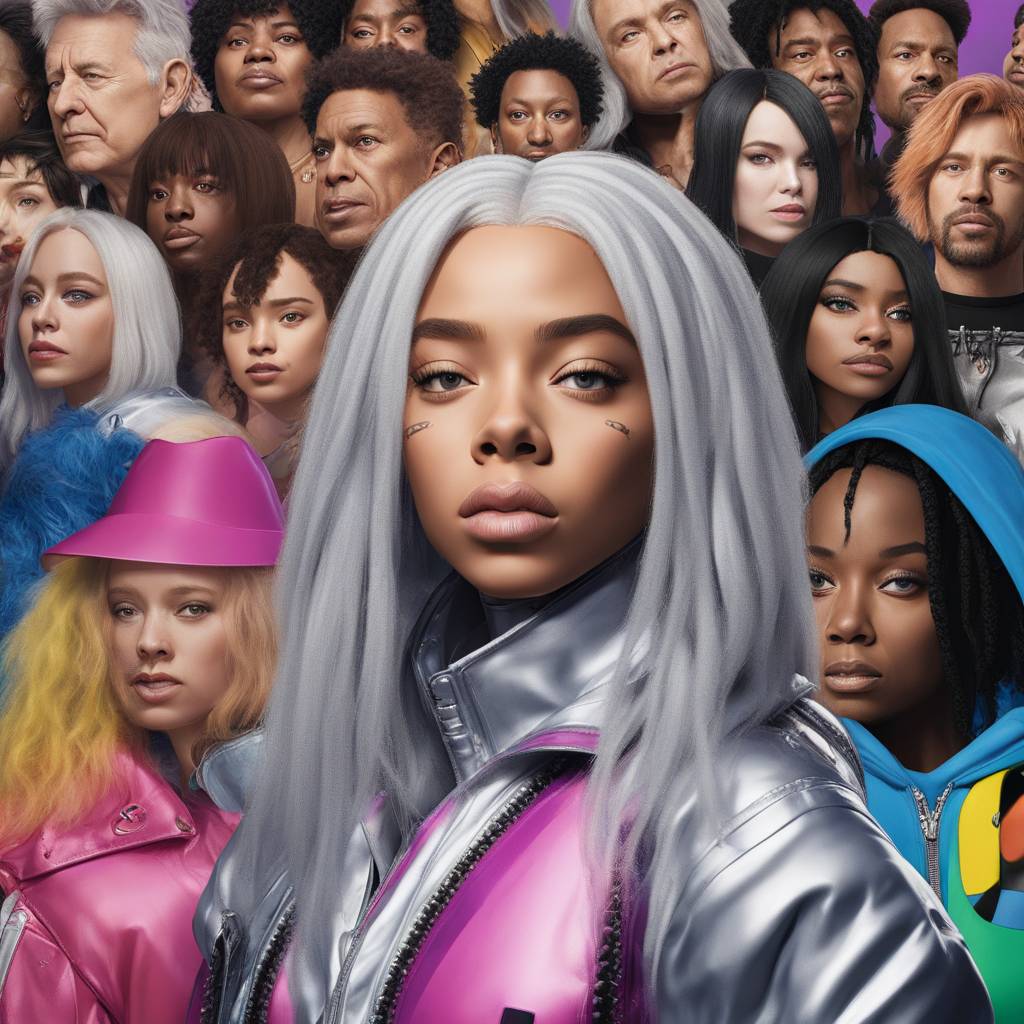Over 200 music artists, including popular names like Nicki Minaj, Katy Perry, and Billie Eilish, have signed an open letter expressing concern about the “predatory use of AI” in the music industry. The letter warns against the potential for powerful companies to use original work from artists to train AI models, which could ultimately result in the replacement of human musicians altogether. The artists are calling on tech companies, AI developers, and digital music services to pledge that they will not develop or use AI-powered technology that undermines songwriters and artists or prevents them from earning fair compensation for their art.
Michael Huppe, president and CEO of SoundExchange, a music tech organization, explains that while the statement made by the artists is important, it may be challenging to get companies to comply with their demands. Streaming platforms and tech companies must be held accountable for respecting the concerns of the creative community and ensuring proper authorization and licensing agreements are in place. Huppe notes that some companies may choose to ignore these concerns, highlighting the need for updated laws to keep up with AI technology’s rapid evolution.
In a recent blog post, OpenAI unveiled an AI tool that can generate a realistic clone of someone’s voice from a 15-second audio clip. The company acknowledged the risks associated with voice cloning technology and emphasized the importance of voice authentication experiences to verify that the original speaker consents to their voice being used. While the tool has not been released to the public, the potential implications of such technology are sparking conversations about the need for safeguards to prevent misuse.
Current U.S. federal copyright laws may not provide sufficient protection for artists and music labels against AI-generated content that mimics their sound without directly copying their lyrics or music. Huppe suggests that laws need to be updated to address the unique challenges posed by AI technology, particularly when it comes to the unauthorized use of an artist’s voice or likeness for commercial gain. Tennessee recently passed the ELVIS Act, the first legislation to protect musicians from AI voice cloning technology, expanding existing protections to include voice manipulation.
Despite the concerns raised by artists about AI’s impact on the music industry, Huppe believes that there is potential for collaboration if AI technology is used responsibly. By obtaining artists’ consent, providing proper compensation, and ensuring proper credit, AI can be utilized in a way that benefits both creators and technology developers. Huppe emphasizes the importance of consent, credit, and compensation in any collaborative efforts involving AI-generated music, suggesting that there is a way to make this technology work effectively within the music industry. Ultimately, the evolving landscape of AI presents opportunities for innovation and creativity, provided that ethical considerations are prioritized.


